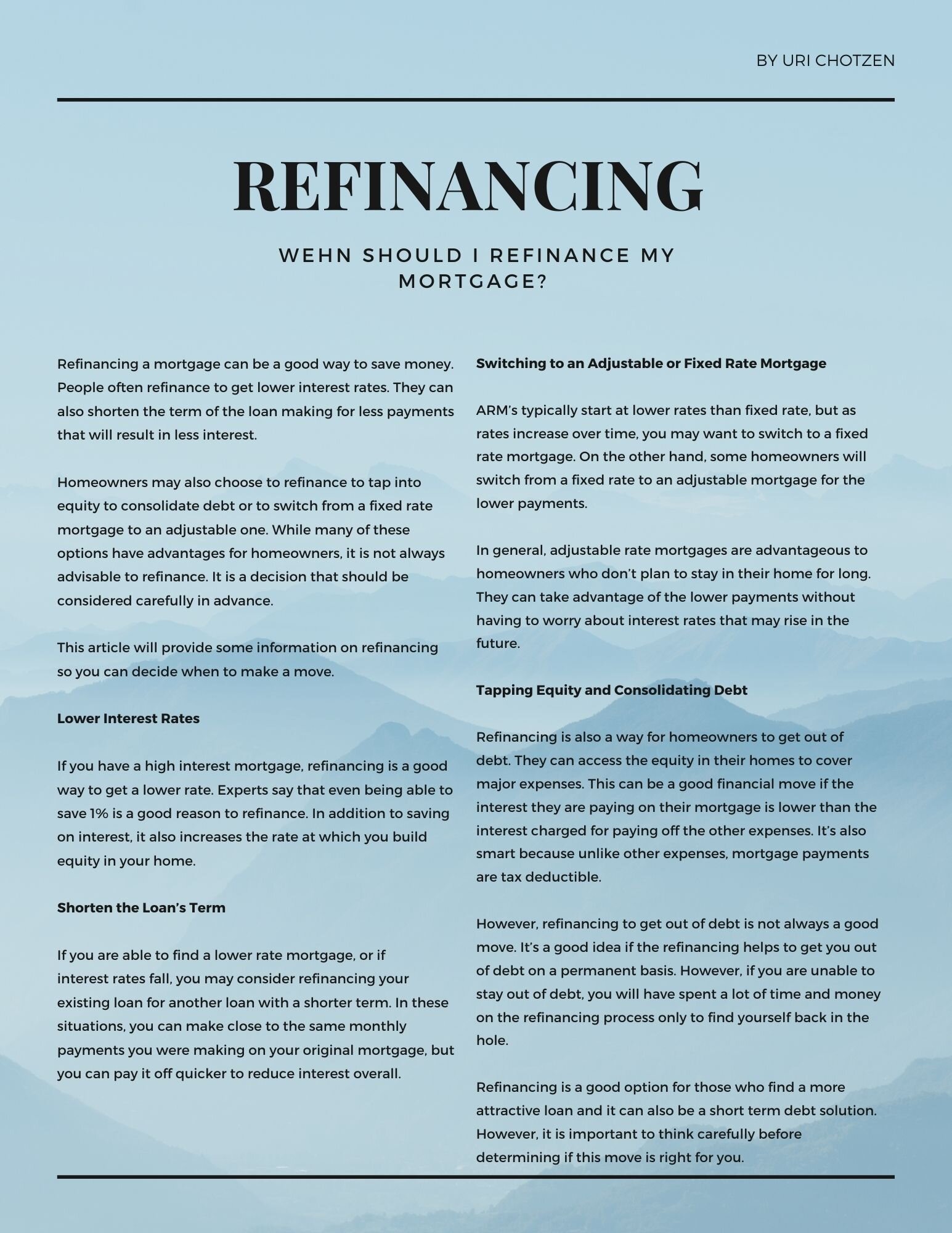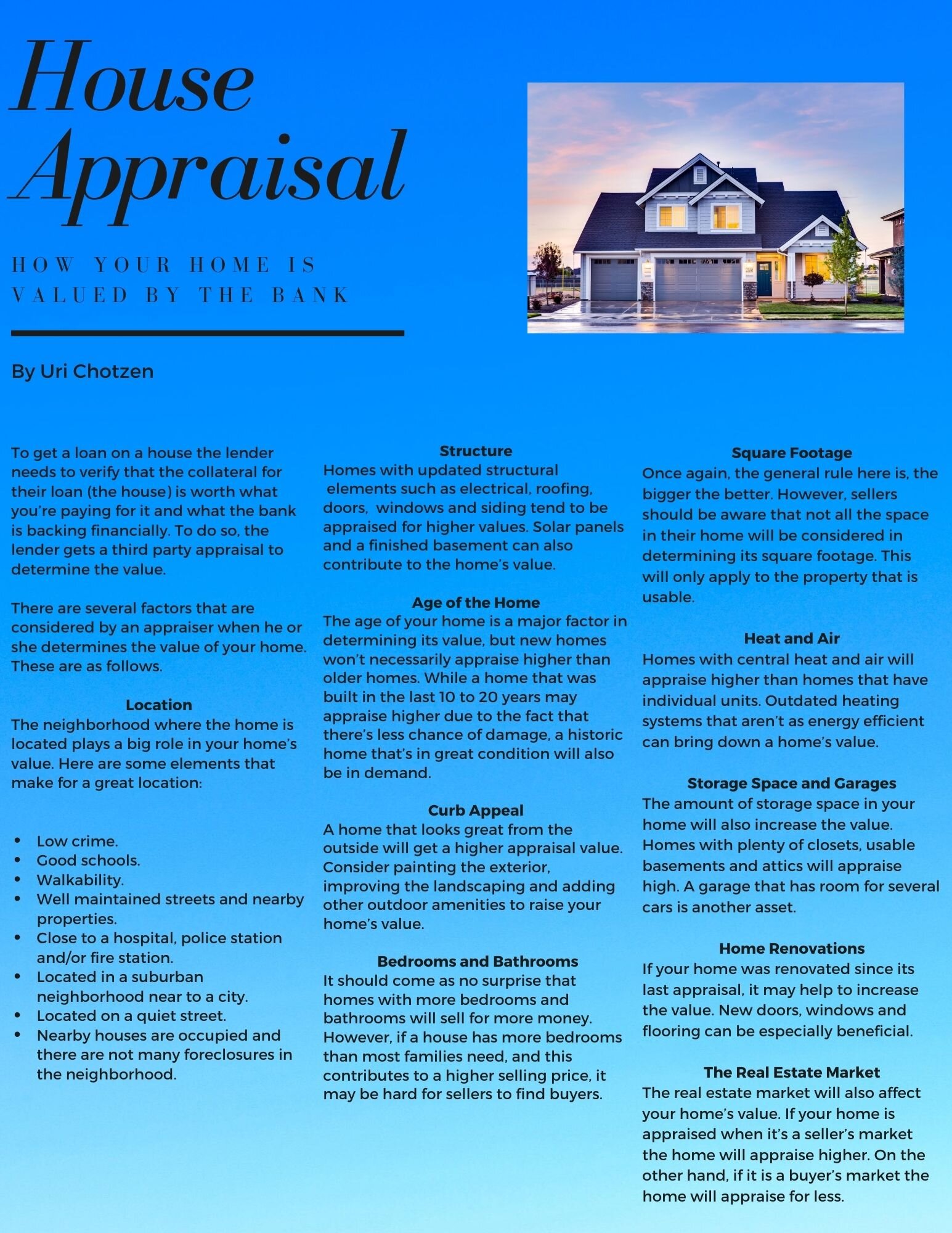Tips for Buying an Investment Property
/Tips for Buying Investment Properties
Real estate is an excellent way to build wealth. It is an impermeable investment and it almost always increases in value.
While buying a home is a good way to increase your net worth, an investment property is the gift that keeps giving. You can rent out an investment property or flip it and sell it for a higher value.
Before purchasing an investment property, it’s advisable to do some research to make sure you are getting a good return on investment (ROI). Here are some tips that will help you get the most for your money.
Are You Cut Out to Be a Landlord?
If you’re considering renting out your properties, you should be prepared to be a landlord. That means you may end up dealing with late payments and other tenant needs. Be ready to make any necessary repairs which could mean calling in a contractor or making repairs yourself.
Do You Have Debt?
If you are carrying debt, be conscious of the increased debt burden your new investment will bring. Make sure you are not overleveraged in case something unexpected happens with your property like costly repairs or high vacancy.
Make Sure You Have Enough for a Down Payment
Down payments on an investment property tend to be more expensive than down payments on other types of property. Usually they are around 20% or more. Make sure you have enough to cover a down payment before signing any paperwork.
Find A Good Location
You can fix up a property all you want but you will never be able to change its location.
When looking for a property, make sure it’s in a neighborhood with a low crime rate, access to public transportation and a growing job market. Investing in an ‘up and coming’ area is a way to get fast appreciation.
Beware of High Interest Rates
Interest rates on investment properties tend to be higher as compared to owner occupied rates. Secure the lowest rate possible so it won’t eat into your profits.
Know What to Charge
If you are going to be renting your property, make sure you can get enough to cover your expenses and yield a profit. Consider that you will have to cover maintenance costs, homeowner’s insurance, possible HOA fees, pest control, landscaping and more.
Fixer Upper
Although many investors are able to build wealth by flipping properties, this may be difficult if you are just starting out. This can work well if you know a cheap contractor or are able to take on remodeling yourself. It’s easy to get in over your head when it comes to renovation expenses.
If you decide to take this route, invest in a house that is priced just under market value and needs minor repairs instead of taking on a major remodel.
An investment property is a good way to earn extra income, but you need to know what you are doing before taking the plunge. These tips provide excellent guidelines for what you should be looking out for.




















